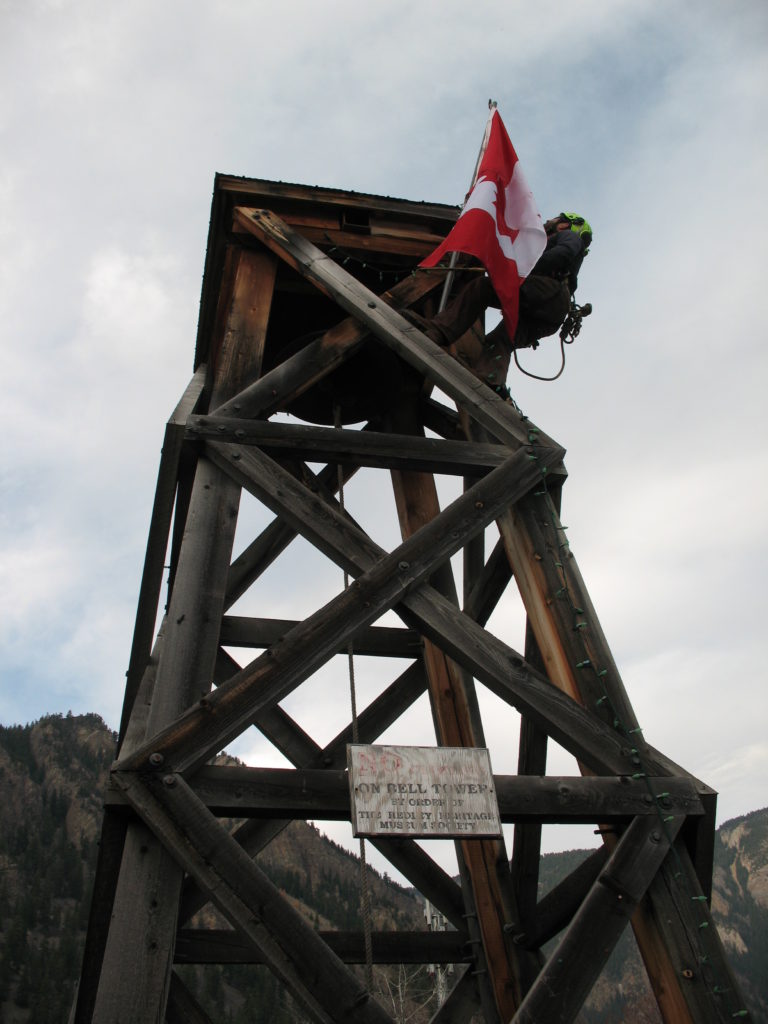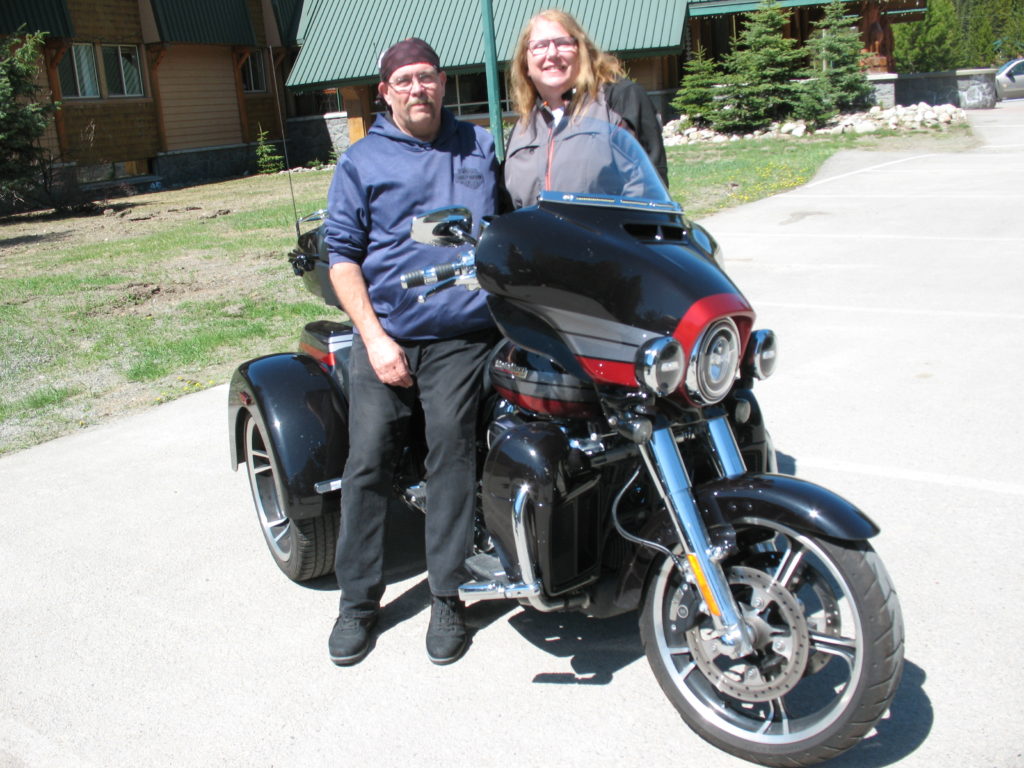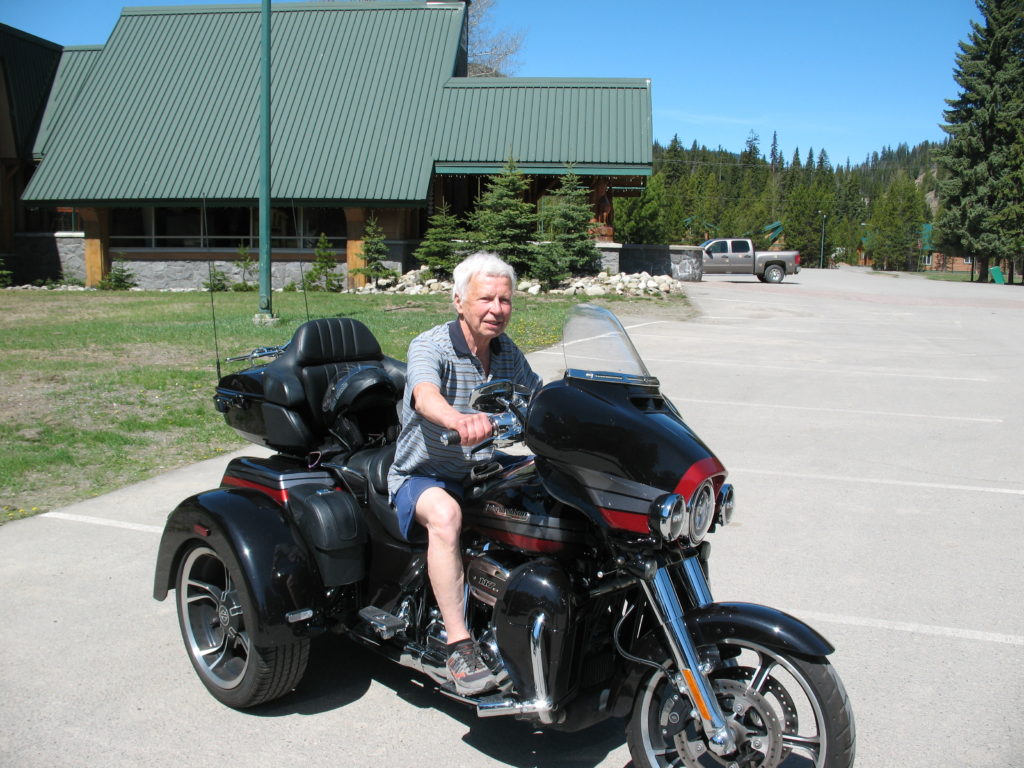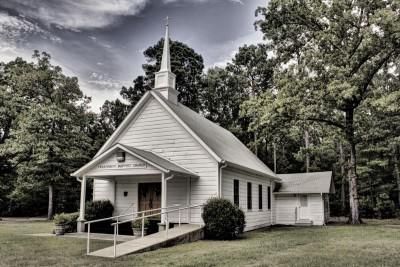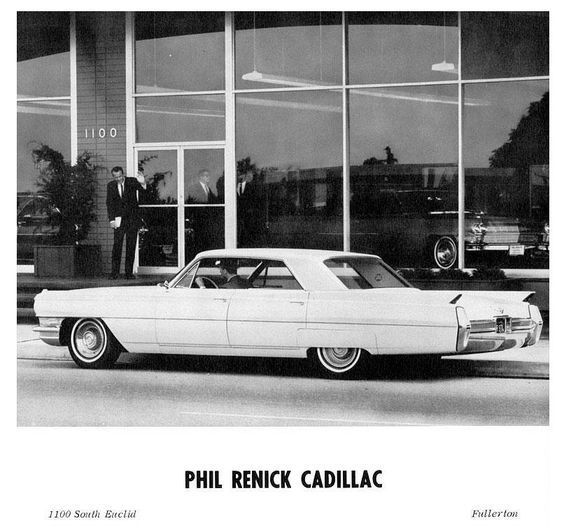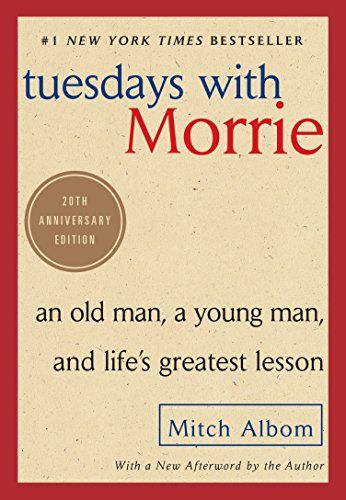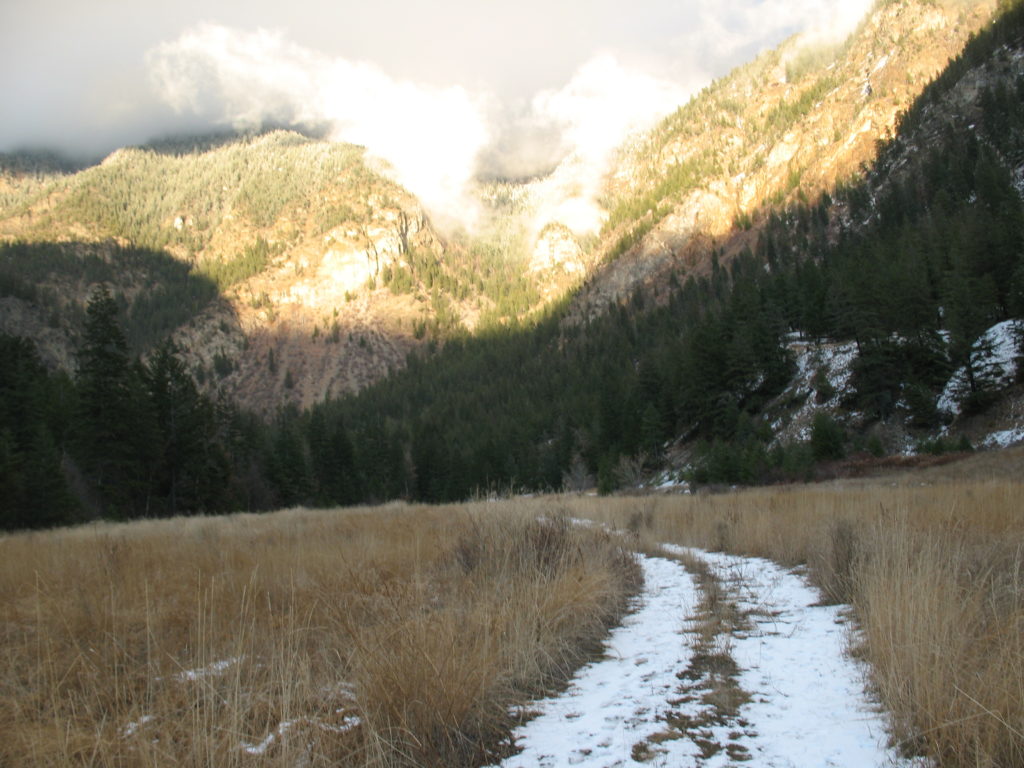
When we celebrated my 80th birthday on March 14 of this year, I felt I had attained a significant life milestone. Like many who survive to this elevated age, I had not expected to come this far along the path of life. Living to what is sometimes referred to as a “ripe old age,” was never on my bucket list.
The question that looked me squarely in the face at this juncture was one I had not anticipated. I began asking myself, “what lies ahead? Will I live out my remaining days contending with aches and pains and boredom, or is there more?” Dozing in an easy chair in front of a tv offered no appeal.
Looking back over my shoulder at the path Linda and I have travelled to this time, I realize that from the beginning, we were restless. At times we strayed somewhat inadvertently from a pretty safe path into challenging circumstances we really weren’t prepared for.
I’m certain we disappointed our parents when after about two years of marriage I left my job as a heavy equipment operator and Linda resigned from her position at the Royal Bank. We loaded our van with essentials, including camping equipment, and set off along the Trans Canada highway, without a destination or plan in mind. For almost three months we lived in a tent on the shore of Sheridan Lake, among mosquitoes, open range cattle and black bears.
Thinking about that decision now, I realize that this seemingly foolish move set the compass of our lives to this day. Sitting around our campfire one evening I said, “I’ve been thinking about our future. I’d like to go to university, but I know we don’t have the means.” Without hesitating Linda said, “I could get a job.” Shortly afterward, we took down our camp and returned to civilization.
After four years focusing on sociology and political science at SFU, I worked initially for Community Services in Abbotsford. Then, as a program coordinator with M/2W/2, I regularly interacted with inmates and staff at Oakalla, the BC Penitentiary, Matsqui Institution and other prisons. I finished my working career at the One Way Adventure Foundation, running work and recreational programs for young offenders.
In retirement Linda and I have devoted countless hours to community causes. We worked with the Lamont family to secure the release of their daughter Christine and her fiancee David Spencer from lengthy sentences in a Sao Paulo maximum security penitentiary. We also gave many hours to thwart a U.S. corporation’s plan to build a power plant that would have sent its pollution across the border to the Fraser Valley.
For eight years our adventures and challenges were featured in a weekly column I wrote for Black Press and for this blogsite. I also wrote about the people, events and history of the Similkameen Valley. Linda and I interviewed a number of individuals, including John Horgan, Princeton mayor Spencer Coyne, and John Terbasket, a highly respected elder in the Lower Similkameen Indian Band. This was an exciting, challenging time and I felt privileged to have an audience.
At the beginning of this year, after eight years of writing for Black Press, I realized I no longer wanted the pressure of producing a column each week. I decided to move on and focus on writing for the blogsite.
Although I’m tempted at times, I’m still not ready for the easy chair. Having visited my father almost daily when he was in a longterm care facility, I’m very aware of the emotional, mental and physical withering that inevitably comes with old age. I saw white haired men and women sitting quietly in their wheelchairs all day, lonely and bereft of meaning and joy. Some lived with pain.
A minority refused to bow before the onslaught of the years and compromised health. These courageous, indomitable souls won my great admiration and respect. For me they have become role models.
Now, having walked along the at times uncertain path of life so far, I consider myself blessed to still be able to walk, talk, write and more. The challenge that lies ahead is to stay as healthy as possible. Also to develop the will and courage to finish strong.


